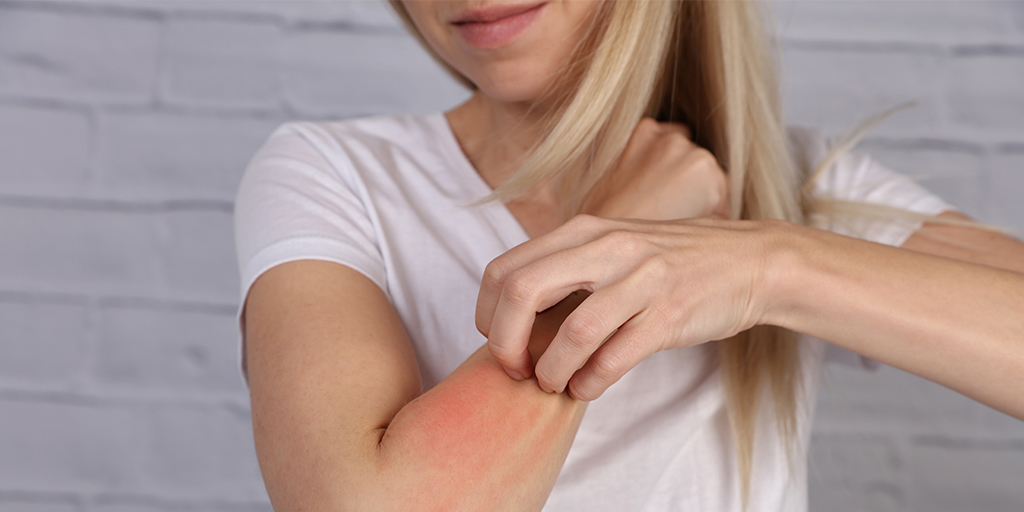Avoid Eczema Flare-ups This Winter

Winter can be a difficult season for people with eczema. Painful flare-ups, triggered by cold weather, cause areas of the skin affected by eczema to crack, itch, bleed or even become infected. Preventing these flare-ups from happening, rather than treating them after they become bothersome, is the best way to keep the skin calm. When it comes to eczema management, the Dermatology Associates of Plymouth Meeting team can help.
Why Eczema Worsens in Winter
Cold weather and indoor heat are common culprits for preventing the skin from maintaining a healthy moisture barrier. Notable changes in environmental temperature can dry out the skin and cause an exacerbation of eczema. Even in winter, however, eczema flare-ups are preventable. By making a few minor lifestyle changes and working with your board-certified dermatologist, you can anticipate the stressors that may cause an eczema flare-up and work to avoid them.
Preventing Winter Eczema Through Moisturizing
By understanding that the main trigger for wintertime eczema is skin dryness, patients can take steps to ensure their skin always stays moisturized. One of the best ways to do this is to run humidifiers in areas where you spend a lot of time. Make sure to keep your humidifier clean and run it with fresh, clean water. Also essential in preventing winter eczema flare-ups is using a moisturizer that is safe for sensitive skin. Using a heavier moisturizer during winter, such as one containing shea butter, is typically necessary. Keeping a moisturizer with you always and applying it liberally and frequently will help to protect the skin from developing an eczema flare-up.
Choosing the Right Skincare Products for Winter Eczema
As there are several different types of eczema, it is important to choose appropriate skin care products based on your unique type. Your board-certified dermatologist will identify which type you have and recommend the best skin care products to help keep eczema symptoms at bay. Prescription ointments, such as hydrocortisone steroid creams or topical calcineurin inhibitors, may be recommended along with phototherapy. Over-the-counter skin care products and antihistamines can also be helpful in calming winter eczema.
Schedule a consultation to achieve the healthiest skin of your life
Contact UsAvoiding Extreme Temperature Fluctuations with Winter Eczema
It is particularly important for people with winter eczema to avoid extreme temperature fluctuations. While this may seem impossible in certain parts of the world, it is easier than you may think. For example, wearing layers can help to reduce the chance of winter eczema flare-ups by allowing the skin to respond easily to changing temperatures. Layers also help to keep the skin at an even temperature while allowing it to breathe when needed. Choosing soft fabrics, as opposed to harsh fabrics like wool, is wise when there is a risk of developing winter eczema. Avoid hot showers, and hot water in general, when you are cold. Protect sensitive areas, like the hands and feet, from rapid temperature changes by wearing warm gloves and socks when outside.
Other Wintertime Eczema Tips
Switching to mild soaps and detergents during winter can reduce the risk of harsh chemicals causing an eczema flare-up. Since the skin becomes more sensitive in winter, soaps and detergents that did not cause skin inflammation in warmer months may begin to become irritating. It is also a good idea to avoid washing the hands, face and body excessively during winter since this will strip the skin of its protective oils and further dry out the skin. Safe sun exposure is also important in reducing wintertime eczema—even though it is not as hot, the sun can still cause sunburn which worsens eczema. Lastly, people with winter eczema should remove wet clothing as soon as possible to avoid making eczema worse through a cold, damp environment.
We know how frustrating and painful wintertime eczema can be. We can help. Call us at 610.828.0400 to schedule an appointment.
